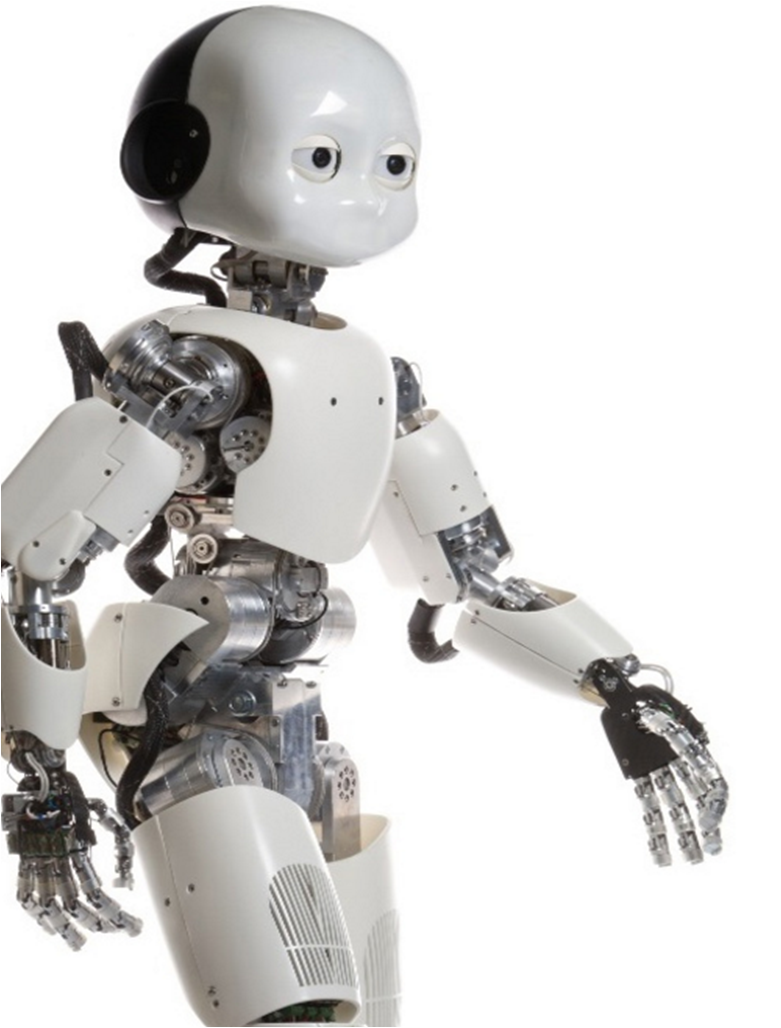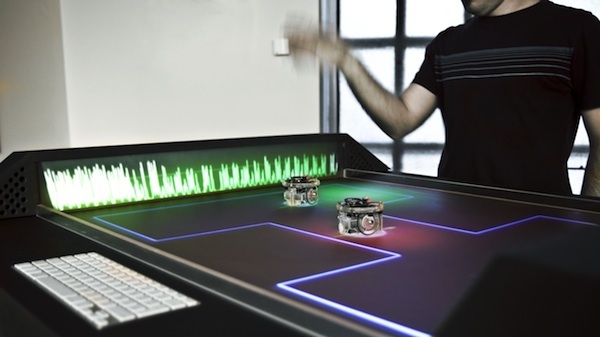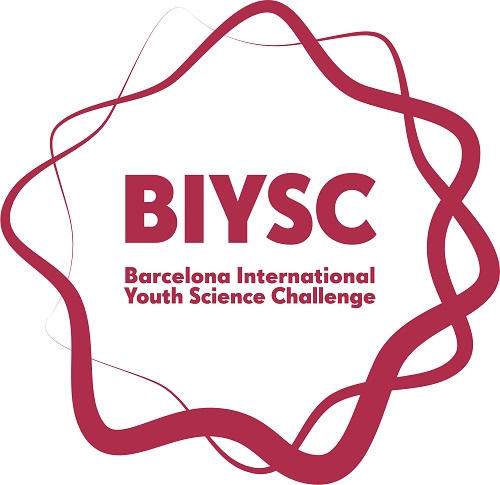SPECS takes part in the Barcelona International Youth Science Challenge to attract young talent
SPECS takes part in the Barcelona International Youth Science Challenge to attract young talent
With the proposal “Neuro-Robotics as a tool to understanding the brain”, within the framework of the Youth Science programme of Fundació Catalunya – La Pedrera. An activity that will be held from 11 to 22 July will bring 100 young people to Barcelona to meet and exchange experiences, in addition to addressing scientific and technological challenges.
 With the aim of attracting young scientific talent, and within the Youth Science programme of the Fundació Catalunya – La Pedrera, from 11 to 22 July the Barcelona International Youth Science Challenge (BIYSC) has been organized, an event at which 100 young people aged between 16 and 19 years, will meet in Barcelona to address challenges concerning science and technology posed by researchers, and in English.
With the aim of attracting young scientific talent, and within the Youth Science programme of the Fundació Catalunya – La Pedrera, from 11 to 22 July the Barcelona International Youth Science Challenge (BIYSC) has been organized, an event at which 100 young people aged between 16 and 19 years, will meet in Barcelona to address challenges concerning science and technology posed by researchers, and in English.
With the support of the Víctor Grífols i Lucas Foundation, which will pose challenges and discussion on ethics and science, and the collaboration of the Barcelona Science Park and the Barcelona Institute of Science and Technology (BIST), ten centres will be participating, each of them leaders in their area of expertise. A multidisciplinary initiative that encompasses a variety of disciplines such as biomedicine, genetics, biotechnology, biochemistry, chemistry, evolutionary biology, photonics, robotics, nanotechnology and bioethics.
Controlling a robot thanks to distributed adaptive control (DAC)
“Neuro-Robotics as a tool to understand the brain” is proposed at the BIYSC 2016 by the Synthetic Perceptive, Emotive and Cognitive Systems (SPECS) research group directed by Paul Verschure, ICREA research professor with UPF’s Department of Information and Communication Technologies (DTIC).
Originally, the brains of living beings evolved for movement, usually in response to a stimulus that can easily be implemented in a robot by means of sensors. Now, more complex behaviours can be built that are related with learning and memory. Participants in the BIYSC will be able to add increasingly complex layers of behaviour, thanks to the Distributed Adaptive Control (DAC) structure, a biological-based control architecture developed by SPECS. DAC is based on the fact that behaviour is organized in layers, from simple actions that respond to mere stimuli or reactive actions, to more complex actions capable of adapting (simpler learning) and contextual actions (which include memory and learning).

As Martí Sánchez, coordinator of the initiative and researcher of the SPECS research group, mentions above, “on this course, students will be able to learn what we mean by neurorobotics and the expectations that this scientific discipline is opening for neuroscience, thanks to the study of learning, adaptive and social behaviour of these devices”. The young students will participate in a case study that will consist of achieving the coordination of a robot through programming, in different learning and sensitivity tasks, such as musical ones.
Other initiatives included in the BIYSC programme come from centres attached to Pompeu Fabra University that have joined in this training initiative. They are the Centre for Genomic Regulation (CRG), affiliated to UPF and with UPF participation, with the activity: ”Taking a closer look at DNA: using sequencing to explore evolution and biodiversity” and the Institute of Evolutionary Biology (IBE), CSIC-UPF mixed group, with ”Uncovering the hidden diversity of the oceans”.
During the fortnight of the BIYSC, young people will have a full calendar of activities: scientific conferences, debates and discussions, visits to the best international research centres based in Catalonia, practical courses to work at research centres rubbing shoulders with researchers, etc. A programme designed around three main elements: sharing experiences, contacting the world of research and overcoming a challenge that will be posed by a researcher.

Fundació Catalunya-La Pedrera is committed to promoting scientific vocations among young students and fostering new ideas and excellence in the Area of Knowledge, Education and Research. It is also involved in assisting people at risk of social exclusion and in the preservation and management of natural and cultural heritage.
Since 2008, different research groups of Pompeu Fabra University have participated regularly in the activities of the Youth Science framework programme to promote scientific vocations among young people and educational effort and excellence, within the young People and Science programme, within the “Mad about science” programme.
Further info and follow-up of the Programme:
www.biysc.org
Facebook: @catfundacio @youthscience.barcelona
Twitter: @catfundacio @youthsciencebcn
Instagram: @catfundacio @youthscience.barcelona
Blog of Foment de les Vocacions científiques (Promotion of scientific vocations)
